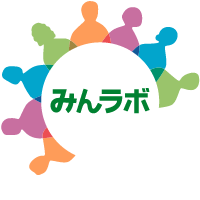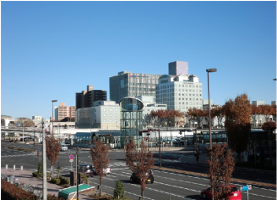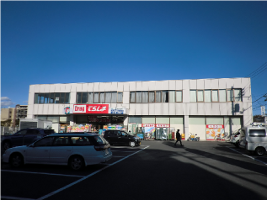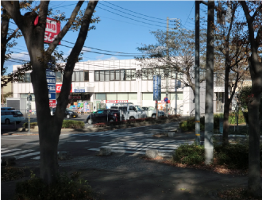Founding the Center for Usability and Aging Research (CUAR) with senior citizens<CategoryⅡ>
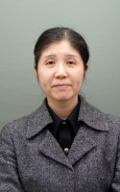
Project Director : Etsuko T. HARADA
(Professor, Institute of Psychology, University of Tsukuba)
(Length:3years)
Project goals
1) To establish a community lab, minna no tsukaiyasusa rabo, where local senior residents gain the opportunity to make social contribution by offering their thought on how to improve usability of different goods and products from the perspective of older adults
Project overview
We believe one of the most important factors in maintaining and enhancing quality of life for elderly persons living healthy independent lives in our contemporary society is the design of objects and devices that can be easily used by anybody. In Japan, where both demographic aging and information technology are simultaneously progressing at a rapid pace, in order to reduce this burden and to effectively enable various kinds of support from both national and regional governments, as well as preventing a ‘relative decline in quality’ whereby previously achievable tasks become impossible due to computerization, it is essential to incorporate ICT technologies in designing items usable by anyone.
For this reason, the first goal of this project is to identify the ways in which certain items are difficult to use for the elderly. From previous studies, we know that items which elderly persons find difficult to use are actually likely to be found difficult to use by the general adult population (who may be using them only reluctantly). Based on the principle of universal design, this project seeks to create a forum for social contribution by asking elderly persons to provide information about what items are difficult to use, and why. This is Min Lab.
Min Lab involves a database of registered participants, who come in for verification experiments to check the ease of use of various items and systems. Min Lab is also intended to provide a place to discuss the ease of use of familiar items, as well as actively promoting group activities to meet the challenges of new technologies together, giving participants opportunities they did not previously have.
As a result of this research, in addition to improving the ease of use of individual items and systems, Min Lab will be opened to the public, in order to pursue more general principles of easy-to-use design for the elderly. Through these activities, Min Lab will continue to identify the types of new communities that are forming, as well as how these organizations can be created and operated, and to share these findings with society.
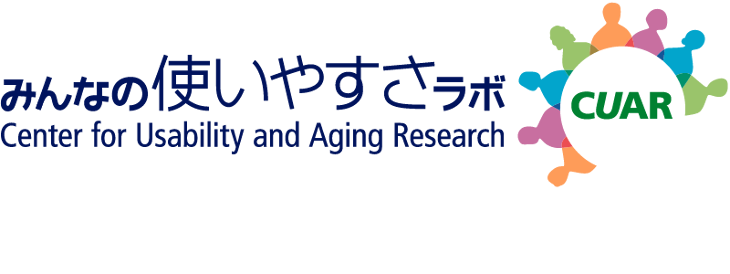
Stakeholders
![]() University of Tsukuba
University of Tsukuba
![]() Tokyo Metropolitan University
Tokyo Metropolitan University
![]() Taisho University
Taisho University
![]() Shizuoka University Education Development Center
Shizuoka University Education Development Center
![]() Research Institute of Human Engineering for Quality Life
Research Institute of Human Engineering for Quality Life
![]() NTT Communication Science Laboratories
NTT Communication Science Laboratories
![]() Human And Life Design Laboratory
Human And Life Design Laboratory
![]() IdeaLab Inc
IdeaLab Inc
Community spotlight: The city of Tsukuba (Ibaraki Prefecture)
Min Lab is a 10-minute walk from Tsukuba station of the Tsukuba Express railway at the center of Tsukuba. The diversity of its elderly residents is one of the features of Tsukuba, ranging from families have resided here for generations to those who have retired in Tsukuba Science City. In cooperation with the University of Tsukuba and nearby research institutions, Min Lab seeks to create a new type of easy-to-use laboratory; not only for researchers, but also as a place for elderly residents and college students living nearby.
Min Lab is a 10-minute walk from Tsukuba station of the Tsukuba Express railway station in the city center of Tsukuba, in Ibaraki Prefecture. With a population around 210,000, Tsukuba is notable for the diversity of its elderly residents, ranging from families who have resided here for generations to those who have retired in Tsukuba Science City. Home to many universities and research institutions, it has an overall elderly population rate slightly lower than the average (15% in 2008), although the rate is higher than the national average in some districts (27.3% in the Tsukuba district), and the elderly population continues to increase each year.
Another notable feature of the city of Tsukuba is that residents are surrounded by state-of-the-art technology on a daily basis; it is not uncommon to encounter experiments in progress, such as robots traveling on the sidewalk, giving the impression of a quite technologically advanced town. Its location less than an hour from central Tokyo makes it very convenient, and much research is conducted in collaboration with a variety of businesses and organizations.
As a project, Min Lab is primarily based around researchers at the universities and laboratories in the Tsukuba district; however, we intend to make it a place for spontaneous exchanges not only among researchers, but also for elderly residents and college students living nearby, thus ensuring it becomes a new type of ‘easy-to-use’ laboratory.
